(ECNS)-- Germany’s parliament on Wednesday elected Olaf Scholz as chancellor as Angela Merkel wrapped up her 16-year tenure.Where will Sino-German and Sino-European relations be heading in a "Post-Merkel era"? How should Germany and Europe position themselves amid the turbulence of U.S.-China relations? In the latest "W.E. Talk", Johanna Poellath, president of Stiftung Ex Oriente in Germany, Dr. Eberhard Sandschneider, a leading German scholar of international relations and Peng Dawei, chief journalist of China News Service’s German branch and deputy director of China News Network Research Institute, talked about related issues.
According to Eberhard Sandschneider, fingerpointing at China or saying that China does not live up to the West's expectations is not a constructive way to approach relations with China.
Sandschneider not only opposes sanctions against China, but also points out that "decoupling from China" is not in the interest of any country, adding that all parties will suffer if being caught in a continuous confrontation with China.
Dr. Eberhard Sandschneider is a leading German international relations scholar and China expert. His previous roles include director of the Research Institute of the German Council on Foreign Relations (DGAP), Head of the Department of Political Sciences at the Free University of Berlin, and an advisory member of the German Federal Institute for Security Policy. He is currently a professor emeritus at the Free University of Berlin and a partner of the consulting firm "Berlin Global Advisors". Mrs. Johanna Poellath is the president of Stiftung Ex Oriente, a public law foundation focusing on popularization of Chinese culture, language and economy in Germany, and director of Konfuzius-Institut Münche.
Here's an excerpt of the dialogue:
Peng Dawei: You must be familiar with Samuel Huntington's book The Clash of Civilizations. What's your opinion on this theory?
Sandschneider: Harvard professor Graham Allison has discussed the famous "Thucydides Trap" in his recent book. This is actually nothing new in global history. I would argue that China's rise is a perfectly normal process. Imagine a country with a population of 1.4 billion and such a large area, and an average annual economic growth rate in double digits for 40 years, then after 40 years no one will be surprised that it translates its economic power into political influence and military capability.
It is not in the interest of either country to get caught up in a long-lasting confrontation with China, and we will all suffer from it. A "magic word" that began with Trump and was inherited by Biden is "decoupling," which means that the world's two largest economies are untethering from each other. This approach will put German companies in an almost insurmountable "either/or" dilemma - which market should they focus on, China or the United States? Which market would they have to alienate because of the sanctions? Therefore, how to properly handle relations with China is a matter of existence for German companies.
Where do we begin to talk about "value systems" with China in recent days, when considering what has happened in Afghanistan, Iraq, Libya, Syria, etc.? In these places, our attempts to implement Western value systems into politics by force have failed miserably. The sad result of these events is that the West has done more damage to its own value system than China could ever do through its criticism of the West. This is a trap of Western "Values Diplomacy" in which our credibility has been severely damaged.
Peng Dawei: What’s your take on the recent attempts to de-escalate relations between the U.S. and China? What does this mean for Germany and EU?
Sandschneider: The dialogue itself is already important. And that's important to avoid military friction.
The standoff between the U.S. and China has not gone away, but the two sides have opened a dialogue, which is the first positive signal in a long time, and therefore very important.
Poellath: China is already a global economic power that Germany and Europe cannot afford to bypass; on the other hand, the West has strong accusations against China on issues such as human rights and values. How can Germany maintain a good foreign policy despite this tense environment?
Sandschneider: I don't give advice to China with pointing fingers and I wouldn't say "China is not doing what we expect it to do", but I try to suggest policies that China can do in its own interest.
I think perhaps the lesson from the U.S for Chinese foreign policy is that "being criticized does not mean the end of the story" and that people should be able to withstand some of the criticism while responding to it constructively, and to fight back where they should. But in general, withstanding criticism is something that a global power has to get used to.
On the other hand, what should the West do to improve its policy towards China? First, I have observed China for more than four decades, and our biggest problem lies in expectation management. Some of my American colleagues have been doing this for 40 years. And when they find out that China is not "doing what the West wants," they react with anger, of course, and even some frustration.
Whether the West likes it or not, or whether it thinks China is meeting its expectations or not, China has a perfectly legitimate right to defend its own interests. This means that expectation management is a major challenge for the West in terms of its relations with China.
The second problem is the internalization of China policy. When politicians criticize China for "human rights violations," "technology theft," "market access," etc., it is likely to get a good applause at home, but this has nothing to do with what they were criticizing. The lack of “China-Kompetenz” means that we have not made the effort to understand this vast country in a way comparable to its size, and this has contributed to the obvious arrogance that characterizes our discussions around China. We believe that our value system and political system is also applicable to China, but China does not accept it. In the context of Chinese domestic politics, this arrogance of the West over the years is reminiscent of the humiliations that have been suffered throughout history.
If we are looking for a concept that can briefly summarize a multidimensional, rather than black-and-white policy towards China, I would like to quote Michael Schaefer, the former German ambassador to China, whom I respect very much, and who has a remarkable understanding of China: equal and respectful dialogue.
There is no alternative but dialogue. Are sanctions an alternative? I can't find a single instance where the West has imposed sanctions on China for various reasons that have ultimately served the purpose it originally envisioned.
Next year will mark the 50th anniversary of diplomatic relations between Germany and China. While a long list of problems can be drawn up in retrospect, it must also be fairly acknowledged that in 1972 no one could have imagined that the level of economic and political relations between Germany and China could reach the level of recent years. Hopefully, it will ultimately come from the goodwill of both sides, from the willingness to learn from each other, so that the difficult challenges can be successfully resolved.
Poellath: Many in the West fear that "as China's global economic expansion grows, so does its political influence". How strong do you think that influence is? Does Western democracy need to be "defended" now?
Sandschneider: Democracy certainly needs to be defended, but the defense of democracy needs to be done with more confidence. To illustrate this point, the controversy surrounding the Confucius Institute is a good example. China is allegedly trying to "exert great influence on Western society," and the Confucius Institute is one of the "submarines" used to achieve this. Is that really true? Well, the Confucius Institute has publicly stated that its mission is to present a positive image of China to the world. But is this a uniquely Chinese approach? Not really. What is the Goethe-Institut of Germany doing? What are the major political foundations of Germany doing? And what is the German development aid agency GIZ doing?
It is a normal practice all over the world for a country to try to present as positive an image as possible. The United States does it, Europe does it, and now China is doing it too. We shouldn't criticize China for that.
The skeptics reveal in the process a lack of confidence in the attractiveness of their own values. Having said that, I would like to go back to Michael Schaefer’s remark that dialogue must be conducted in a respectful manner.
Poellath: I would like to ask a question that is perhaps difficult to answer. What will Germany's foreign policy in the coming years be like?
Sandschneider: From many aspects, German foreign policy is undoubtedly in a period of significant change. First of all, there is the change in transatlantic relations. We have already seen the latest direction of U.S. foreign policy, and Europe is no longer the core ally of the U.S. Biden has not even bothered to ask Europe - whether it is Paris or Berlin - before making a decision, which has had a shocking effect on German and EU foreign policy. Second, there is confusion within the EU. We have a European External Action Service (EEAS), but we lack a foreign policy; we have the EU High Representative for Foreign Affairs and Security Policy, but no one can really claim that "the EU has a unified foreign policy". So Germany's foreign policy faces a huge challenge.
The Chinese political system is a meritocracy. It is impossible for an official to be in charge of a Chinese foreign ministry if he or she cannot demonstrate the appropriate competence and experience. In this respect, China is result-oriented. In Germany, it is possible to put forward a foreign minister with no diplomatic experience if the government formation negotiation comes at a wrong time or under undesirable circumstances. That won't happen in China. Such a thing would not be good for German foreign policy.








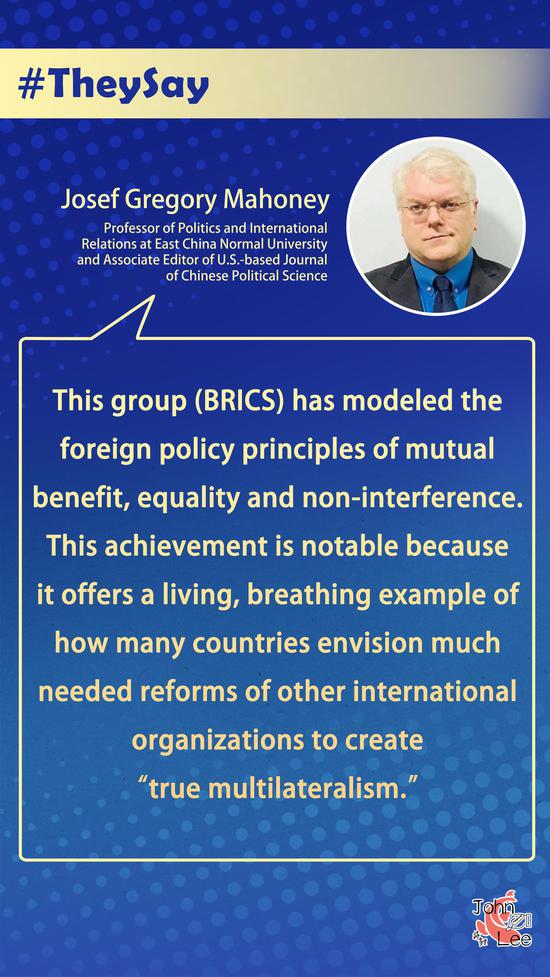

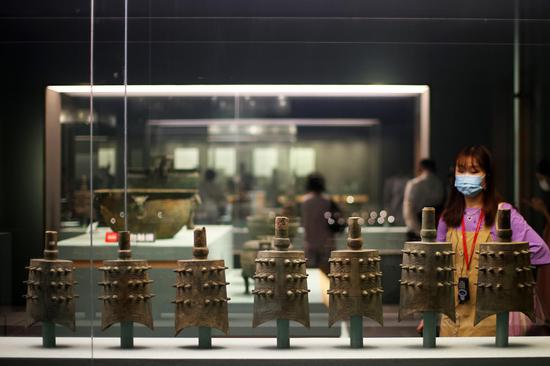

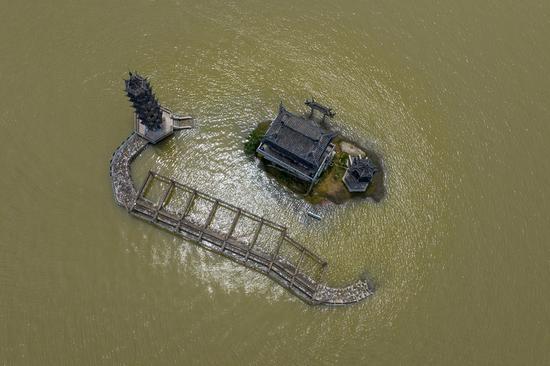



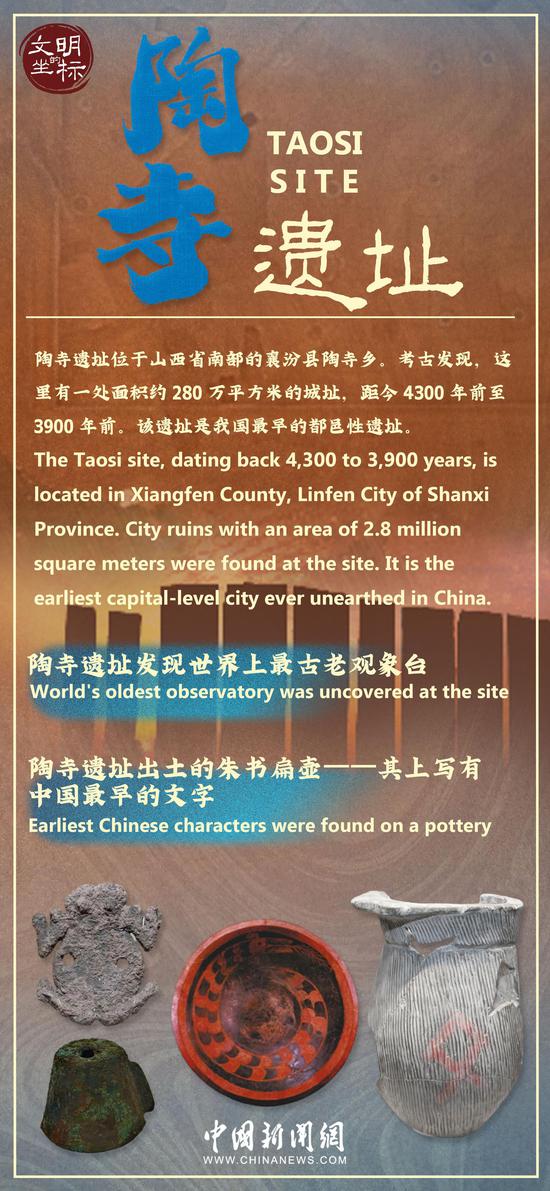
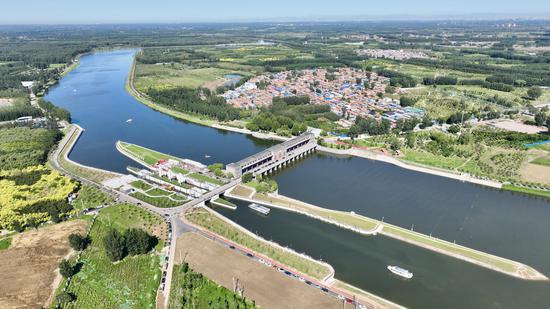



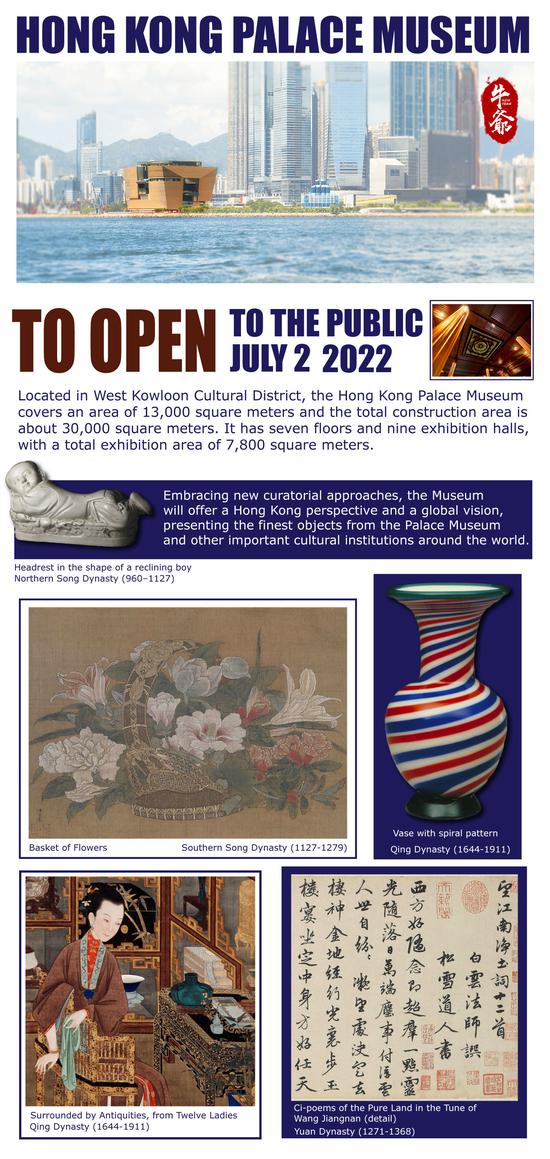
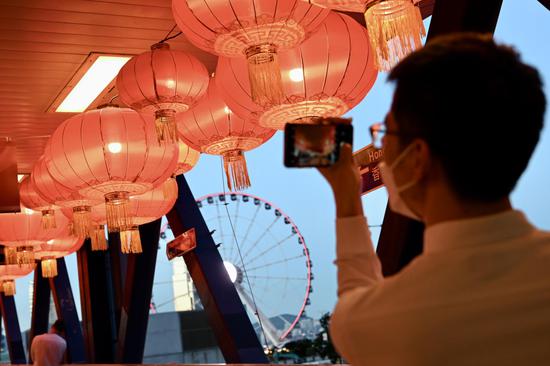
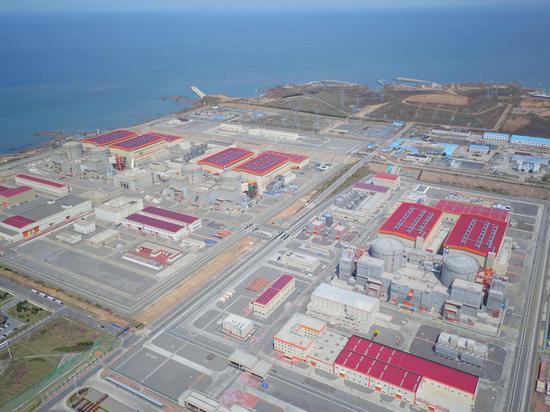
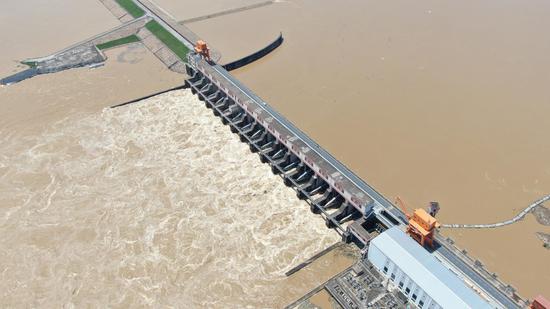
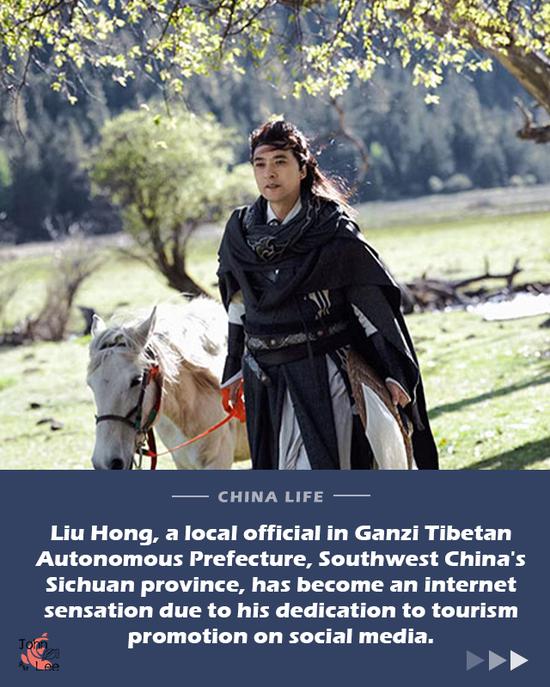
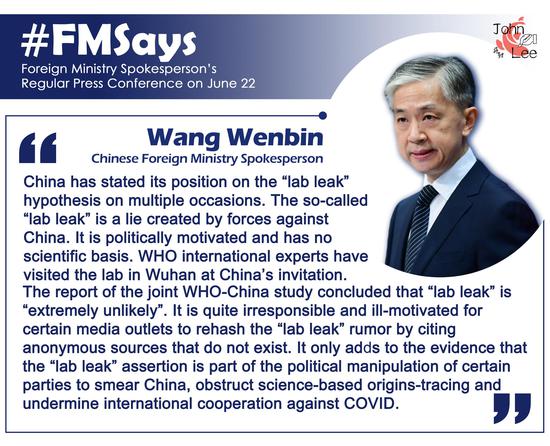

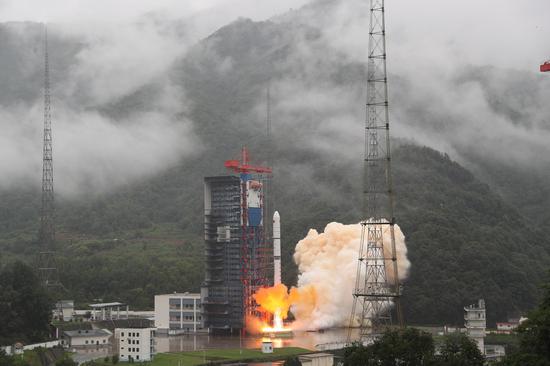




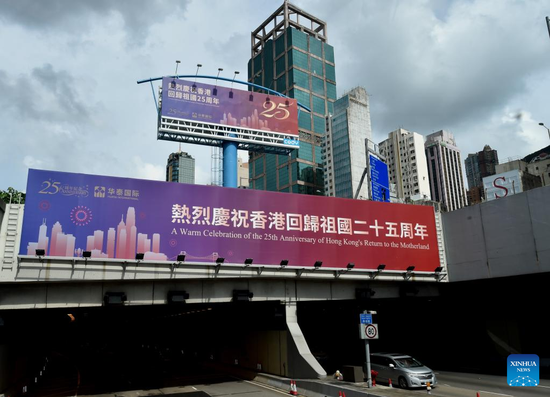

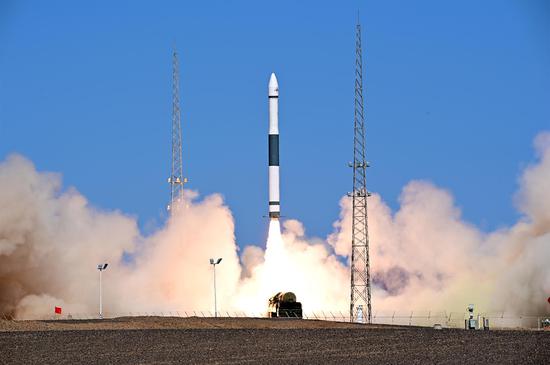
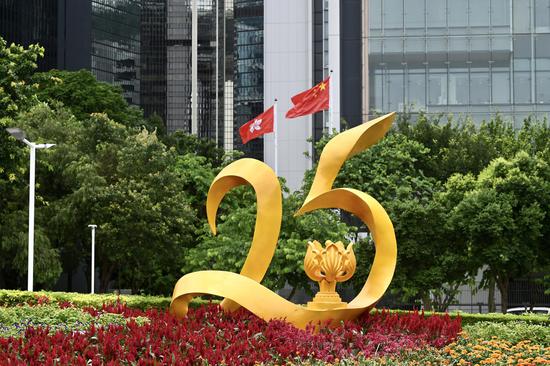

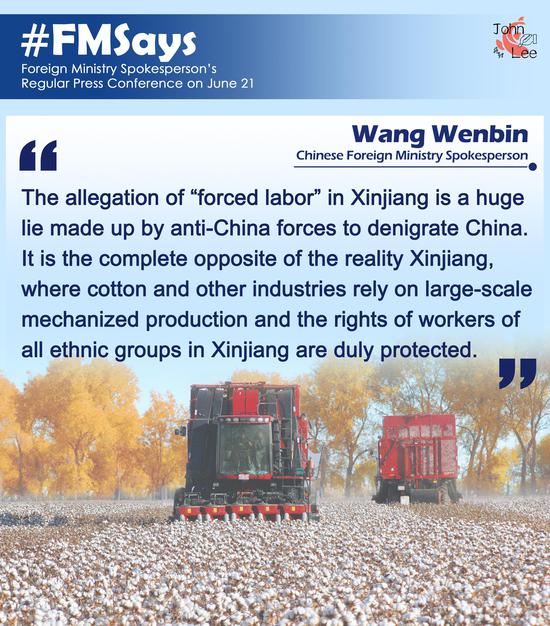
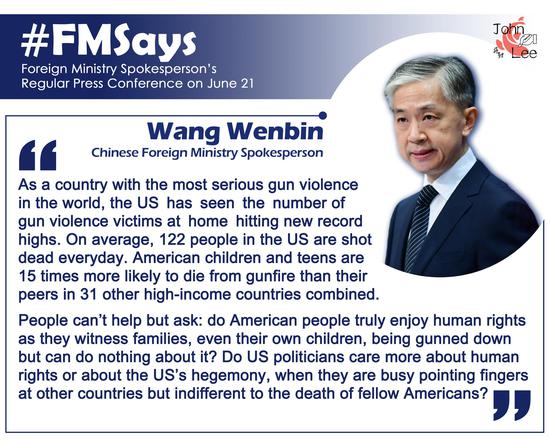
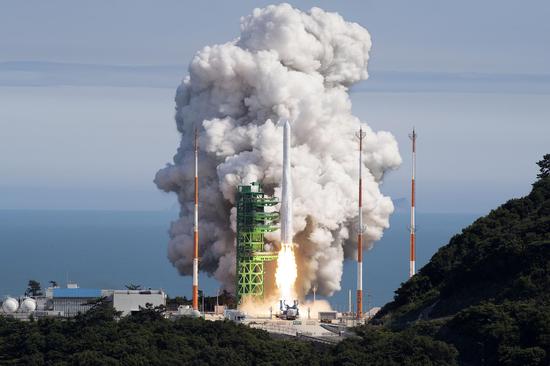

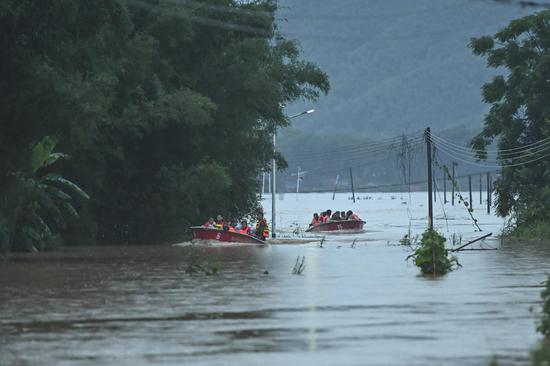







 京公网安备 11010202009201号
京公网安备 11010202009201号